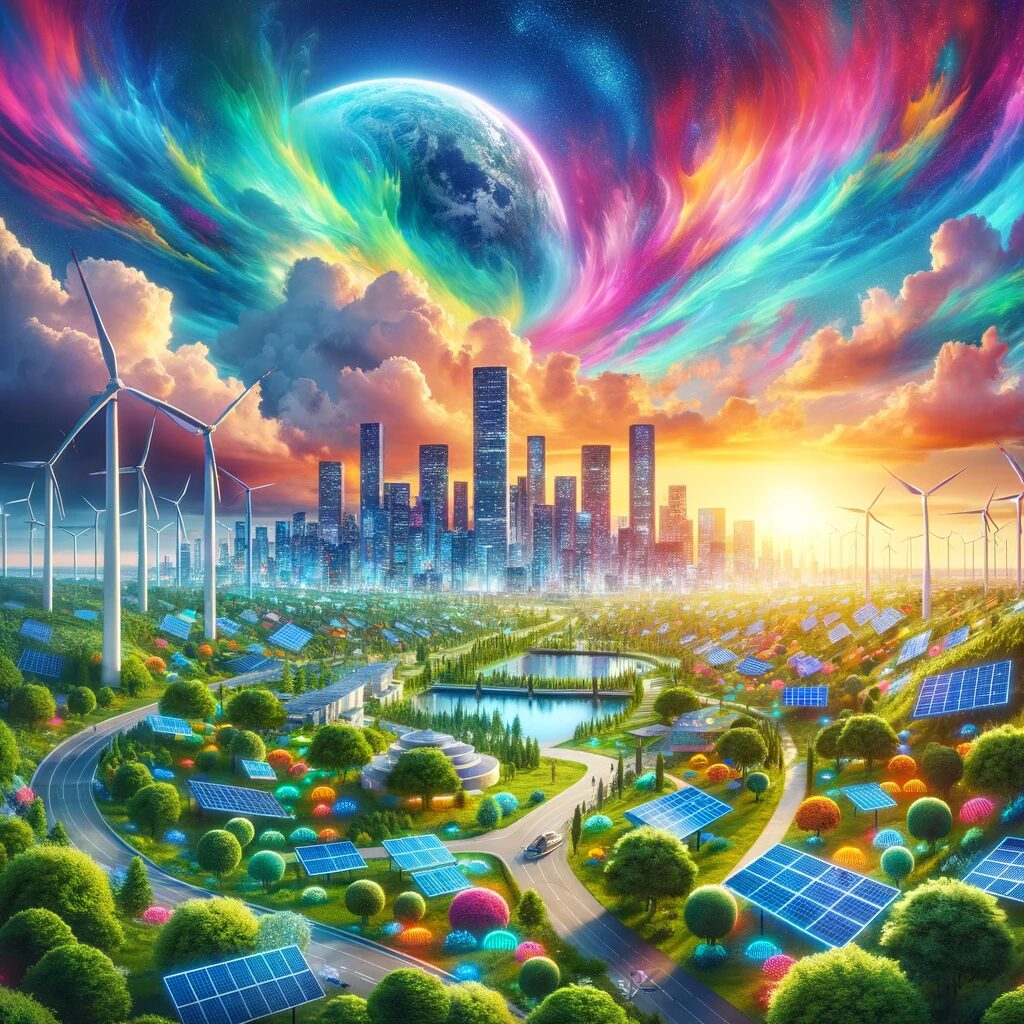
Steven Chu wants to save the world by transforming its largest industry: energy.
WHETHER Steven Chu, America’s energy secretary, would be flattered or horrified by the comparison is unclear, but he and Margaret Thatcher have something important in common. They are both scientists who have risen to political power. That Mr Chu has a Nobel prize for physics, whereas Lady Thatcher swiftly abandoned chemistry for the more lucrative pastures of the law, does not make the comparison unfair. What matters is that both of them understand something that some politicians from softer intellectual backgrounds often seem to forget: you cannot negotiate with nature. Nor can you ignore it, for it will not go away.
Lady Thatcher showed her mettle in this regard in 1989, when she became the first politician of stature to raise the alarm about global warming. When her adviser Crispin Tickell pointed out to her that the level of carbon dioxide in the atmosphere was rising and that carbon dioxide was a greenhouse gas, she got the point instantly and alerted the world in a speech to the United Nations. Mr Chu’s job is harder: he is charged with spotting, nurturing and promoting promising energy technologies, thereby helping America to create the tools that the world needs to wean itself off fossil fuels.
He certainly has the qualifications to do so. Barack Obama poached him from the Lawrence Berkeley National Laboratory, which he had directed since 2004, and which he was busy shaping into a centre for the study of alternative energy. He had, for example, negotiated a $500m deal with BP, one of the world’s biggest oil companies, to base its Energy Biosciences Institute there.
He is also a man who thinks big. While Mr Chu was at Berkeley, he conceived the idea of a global “glucose economy”, to supplant mankind’s dependence on oil. Fast-growing crops would be planted in the tropics, where sunlight is abundant. They would be converted into glucose (of which cellulose, which makes up much of the dry weight of a plant, is a polymer) and the glucose would be shipped around much as oil is today, for eventual conversion into biofuels and bioplastics. That idea might not go down well with energy nationalists, who want America to declare independence from all hot and unreliable countries, whether oil producers or agricultural powers, but it shows vision on the scale needed to deal with global warming.
Another example of his unorthodox thinking is his observation that painting the roofs of buildings around the world white and using light-coloured road surfaces rather than blacktop would reflect a lot of sunlight back into space—possibly enough to have an effect on global warming as big as taking every car in the world off the road for a decade. There are plenty of scientists with such notions, but they are seldom in a position to convert their visions into reality.








